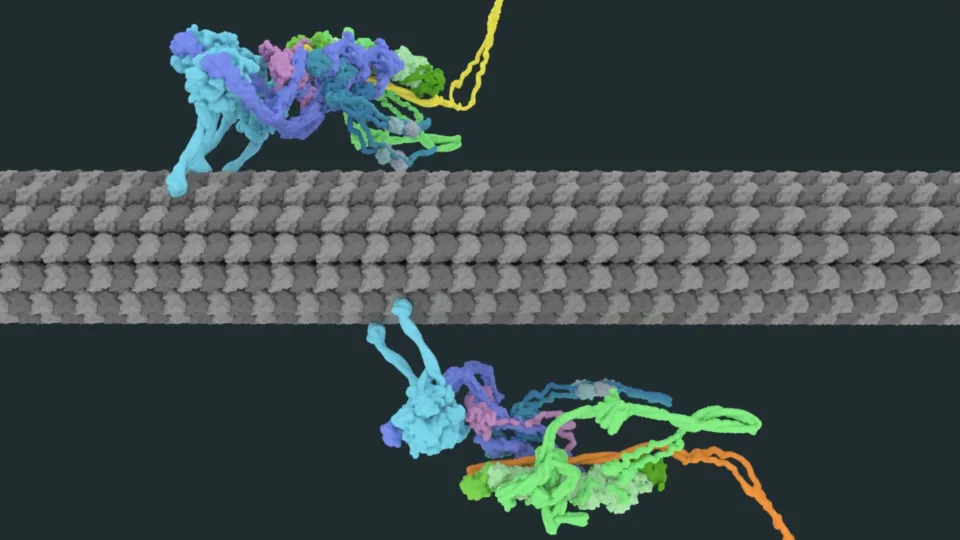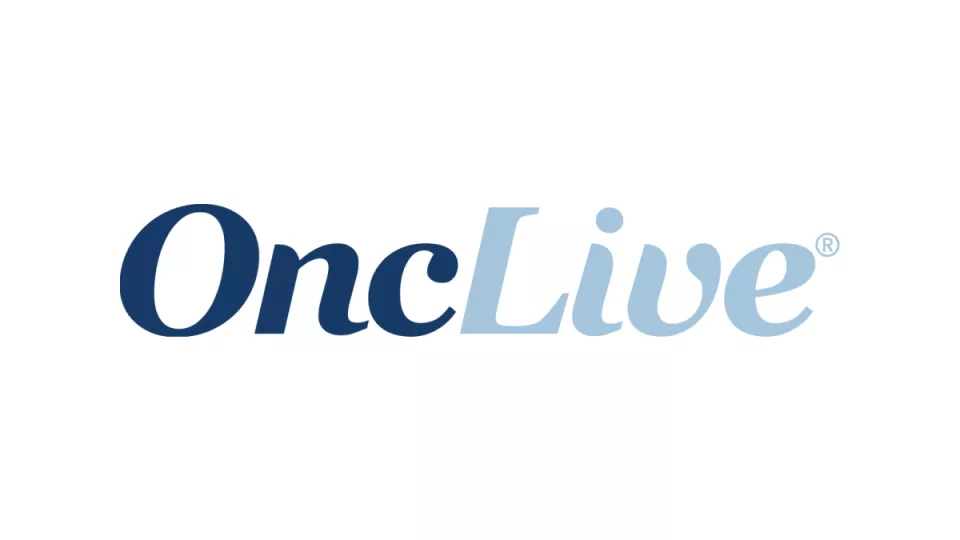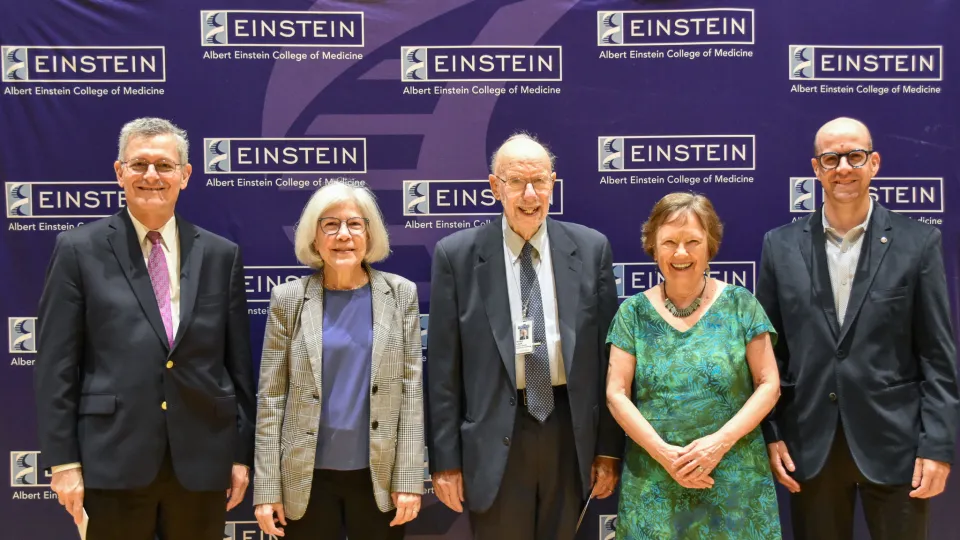News Brief
Understanding How Addiction Hijacks the Brain
October 4, 2023
Addiction is widely believed to hijack brain processes that assign reward values to past and future actions. A better understanding of those brain processes could lead to effective therapies for addiction.
The National Institute on Drug Abuse has awarded Lucas Sjulson, M.D., Ph.D., a five-year, $2.29 million grant to discover how the brain links reward values to specific past and future actions. Dr. Sjulson and his colleagues hypothesize that coordinated interaction between the brain’s ventral striatum (which processes reward expectation) and the hippocampus (which provides vital information to the ventral striatum) helps to link the value of a reward to a previous action while also updating the brain’s estimate of the value of that reward. The study’s results should clarify how the brain evaluates past rewards and predicts the value of future rewards; they may also provide insights into drug addiction and other compulsive disorders.
Dr. Sjulson is an assistant professor of psychiatry and behavioral sciences and in the Dominick P. Purpura Department of Neuroscience at Einstein. (1R01DA051652-01A1)



